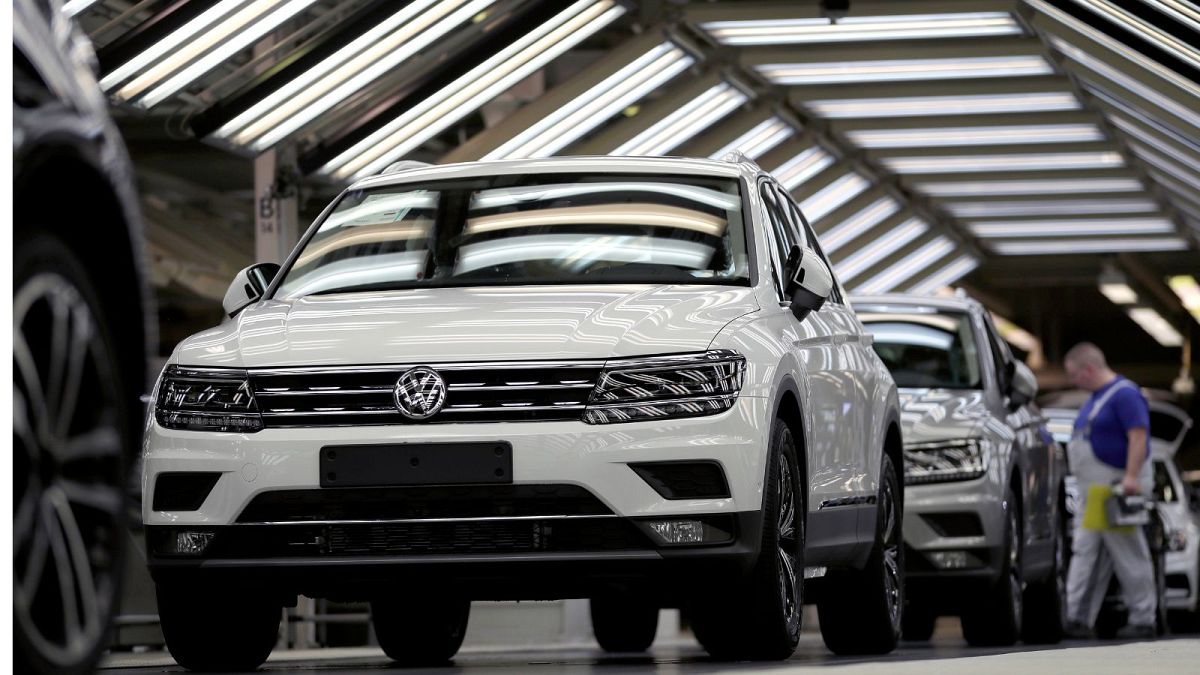The European car industry is facing several challenges including the transition to low carbon technologies, supply chain disruptions, increased competition from Asia, and decreased demand for electric models. The European Parliament recently held a debate on the crisis affecting the automotive industry in Europe, particularly focusing on the issue of electric vehicles. The EU has set a target for zero emission vehicles with a 100% zero emission cost target by 2035, with car manufacturers expected to reduce CO2 emissions to under 94 grams per kilometre by next year, a deadline that some in the industry claim they cannot meet due to slow electric sales.
Despite criticism from some parties, the European Commission remains committed to the transition to electric vehicles, stressing the importance of Europe maintaining a competitive edge in the global market. The European car industry is also facing stiff competition from China, which has a strong foothold in Europe due to its ability to produce electric cars at a lower cost. Some MEPs have called for investments in the European battery industry to make electric cars more competitive and reduce dependencies on external powers.
The European car industry needs significant financial support to lead the bloc through a clean energy transition and effectively compete with global trading partners. An EU-requested report estimated that the economies across the 27-nation EU would require a boost of up to 800 billion euros. This funding would be crucial in supporting the industry’s transition to low carbon technologies and ensuring that Europe remains at the forefront of the global electric vehicle market.
The shift to electric vehicles is a key focus for the European car industry, with the EU setting ambitious targets for zero emission vehicles. However, some in the industry have raised concerns about the feasibility of meeting these targets due to the current market conditions and slow electric vehicle sales. Despite these challenges, the European Commission remains resolute in its commitment to the transition to electric vehicles, emphasizing the importance of Europe maintaining its competitive edge in the global market.
The European car industry is facing increasing pressure from China, which has a strong presence in Europe’s electric vehicle market. Chinese electric cars are more cost-effective, and China has taken a lead in electric vehicle technology. To compete effectively, European carmakers need to invest in the European battery industry and develop flagship projects to make electric cars more competitive. By supporting local economies, creating quality jobs, and reducing dependencies on external powers, the European car industry can strengthen its position in the global market.
The European car industry needs substantial financial support to navigate the clean energy transition and effectively compete with global trading partners. An EU-commissioned report estimated that the economies across the EU would require up to 800 billion euros to support the industry’s transition. This funding would be vital in ensuring that Europe remains at the forefront of the electric vehicle market and maintains its competitive edge in the face of increasing competition from China and other global players.


























